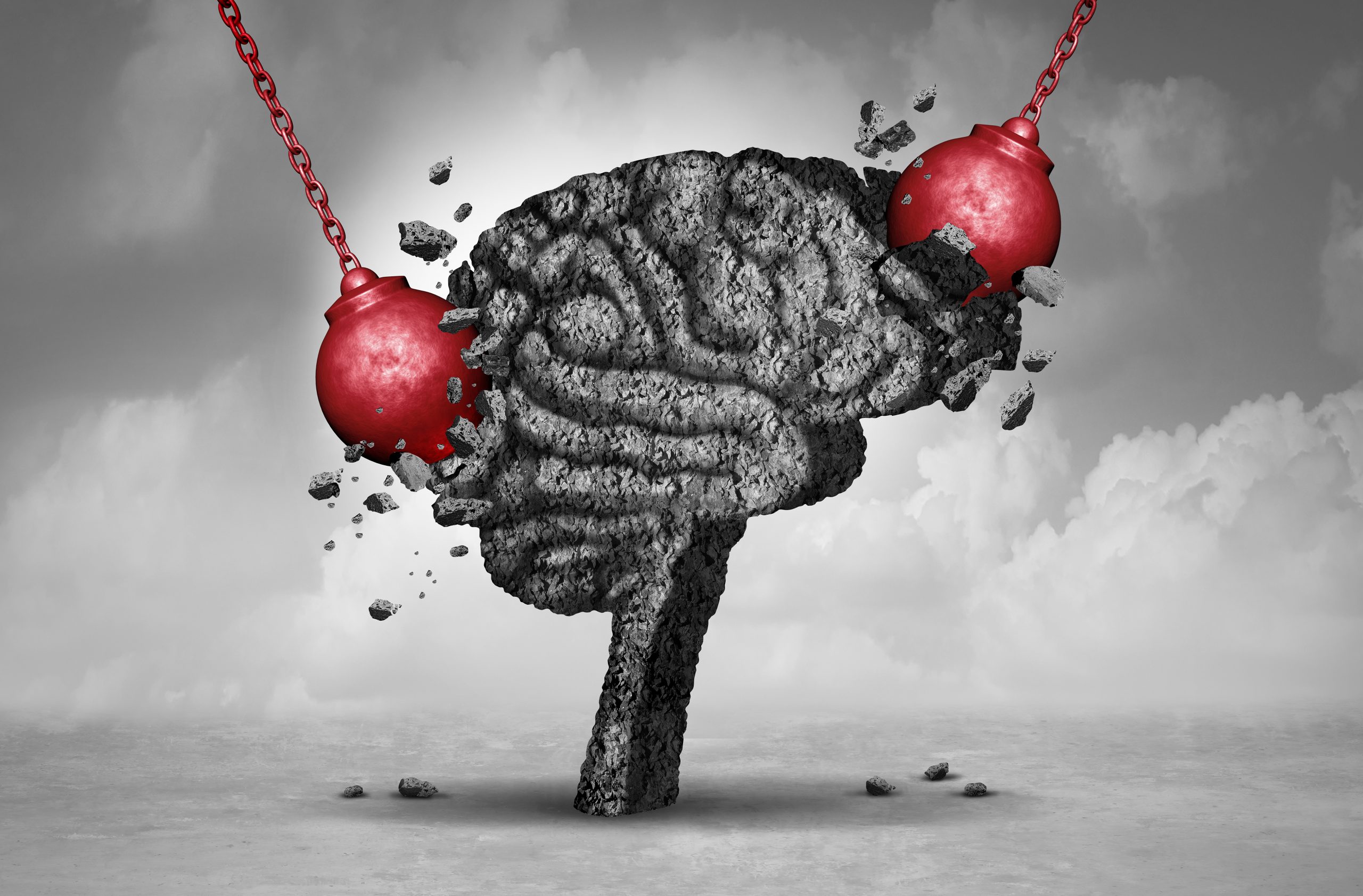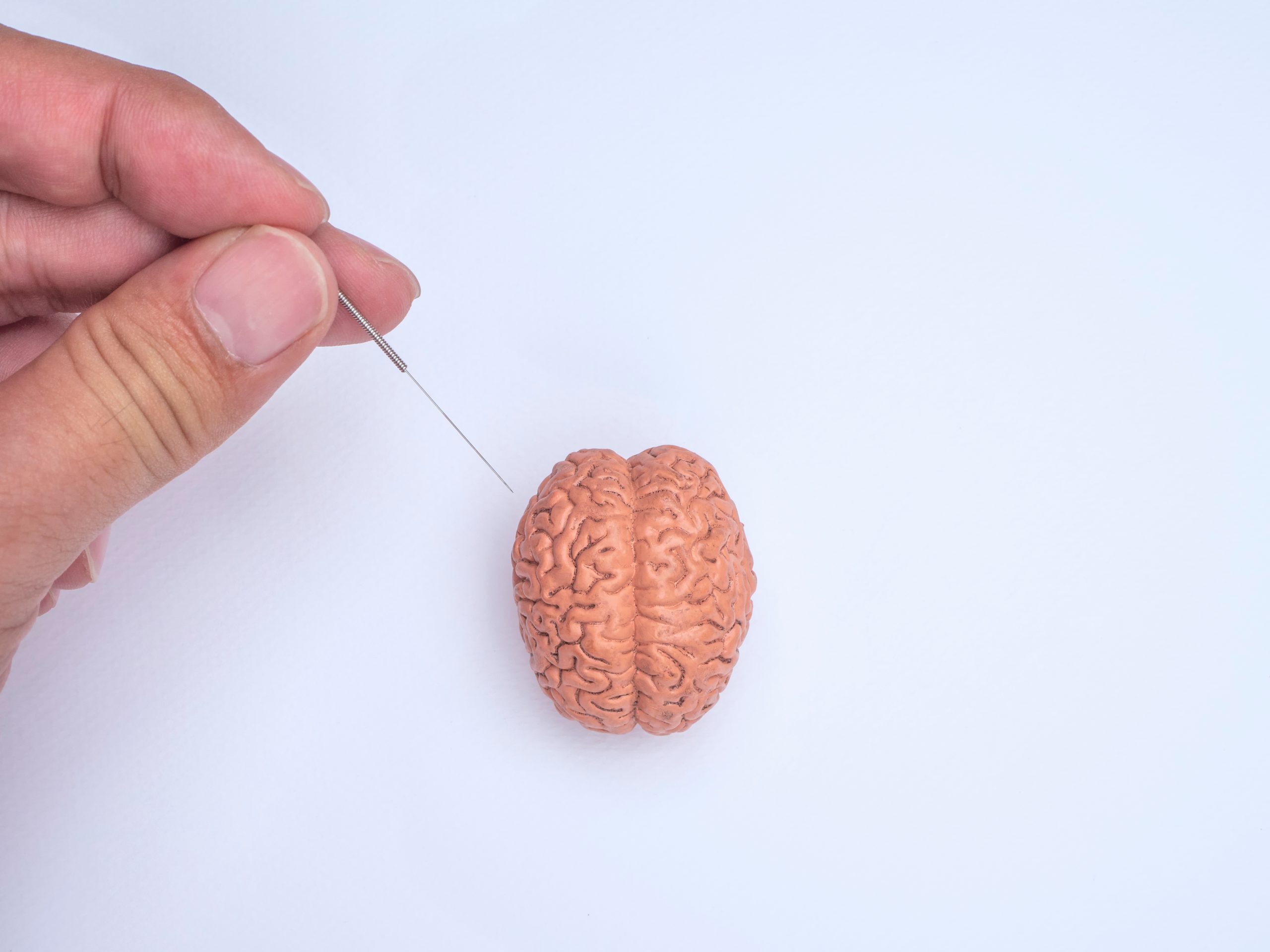Brain fog and mental fatigue can be frustrating and hinder our productivity and overall well-being. It can make it challenging to concentrate, think clearly, and perform daily tasks effectively. Fortunately, there are strategies and lifestyle changes that can help manage and alleviate brain fog and mental fatigue. In this article, we’ll explore some effective ways to manage these common cognitive challenges.
- Get Sufficient Sleep
One of the primary causes of brain fog and mental fatigue is inadequate sleep. It’s important to prioritize quality sleep to allow your brain to rest and rejuvenate. Aim for seven to eight hours of uninterrupted sleep each night. Establish a regular sleep schedule, create a calming bedtime routine, and create a sleep-friendly environment by minimizing noise and light.
- Stay Hydrated
Dehydration can contribute to brain fog and mental fatigue. Make sure to drink enough water throughout the day to stay adequately hydrated. Carry a reusable water bottle with you and sip water regularly. Avoid excessive caffeine and alcohol consumption, as they can dehydrate the body.
- Eat a Balanced Diet
Nutrition plays a crucial role in brain function and energy levels. Include a variety of nutrient-dense foods in your diet, such as fruits, vegetables, whole grains, lean proteins, and healthy fats. Avoid excessive consumption of processed foods, sugary snacks, and refined carbohydrates, as they can lead to energy crashes and mental fogginess.
- Prioritize Mental Breaks
Give your brain regular breaks to recharge and reduce mental fatigue. Incorporate short breaks throughout the day to engage in activities that relax and rejuvenate your mind. This can include deep breathing exercises, meditation, gentle stretching, or engaging in a hobby that you enjoy.
- Stay Active
Regular physical exercise has numerous benefits for brain health and cognitive function. Engaging in moderate-intensity aerobic exercise, such as brisk walking, jogging, or cycling, can improve blood flow to the brain, release endorphins, and enhance mental clarity. Aim for at least 30 minutes of exercise most days of the week.
- Manage Stress
Chronic stress can contribute to brain fog and mental fatigue. Explore stress management techniques that work for you, such as deep breathing exercises, mindfulness meditation, yoga, or engaging in hobbies that help you relax. Prioritize self-care activities that bring you joy and help reduce stress levels.
- Practice Mental Stimulation
Keep your brain active and engaged by incorporating mental stimulation into your daily routine. This can include activities such as reading, puzzles, learning new skills, or engaging in hobbies that challenge your cognitive abilities. Regular mental stimulation helps improve focus, memory, and overall brain function.
- Improve Sleep Hygiene
In addition to getting sufficient sleep, it’s important to establish good sleep hygiene practices. Create a comfortable sleep environment, limit exposure to electronic devices before bed, avoid heavy meals close to bedtime, and practice relaxation techniques to promote better sleep quality.
- Seek Support
If brain fog and mental fatigue persist despite implementing lifestyle changes, it may be helpful to seek support from a healthcare professional. They can help identify underlying causes, such as medical conditions or medication side effects, and provide appropriate guidance and treatment options.
In conclusion, managing brain fog and mental fatigue requires a holistic approach that addresses sleep, hydration, nutrition, stress management, and mental stimulation. By incorporating these strategies into your daily routine, you can improve cognitive function, boost mental clarity, and enhance overall well-being. Remember, it’s important to be patient with yourself and make gradual changes to find what works best for you.












